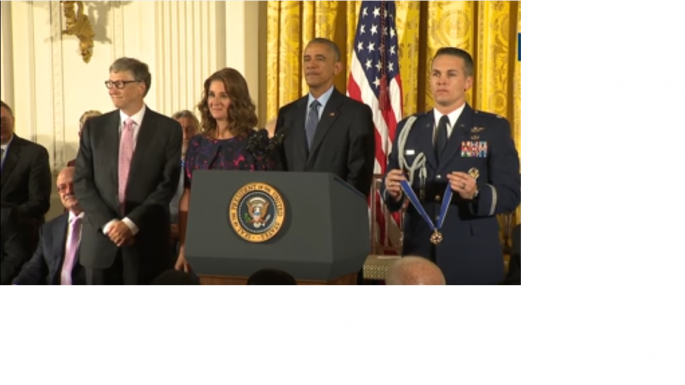How to deal with the challenge of robots and automation that will impromptu lead to loss of jobs for many people? The answer is quite straightforward from Microsoft co-founder Bill Gates: tax the robots.
In an interview with Quartz, Gates contends that taxing worker robots would equalize job losses by funding training for placements where manpower is still needed such as in child care and senior care. Most likely, it could even quiet automation to a manageable level, if required.
Gates is very well informed of inherent pitfalls - Gates understands that taxation could finally idle innovation by making worker robots remarkably expensive, Engadget reported. However, Gates is convinced that governments should be "figuring [policy] out" so that its ready when there's a rushing glut of unemployed workers.
Gates can't expect enough support from Europe for own ideas, yet. The European Parliament has rejected a proposed robot tax, and rather interested in crafting regulation that pioneers ethics behind creating and deploying robots, including liability if something goes out of order. Officials don't want to let go these guidelines to "third countries," according to a statement. Robot manufacturers will un-hesitatingly be happy (as more particular that tax would hamper growth), still the move would not please those who wish to have a safe shelter in place when the machines arrive in force.
Acceding to a recent report, tech advancement confers that as many as half of jobs could be missing to artificial intelligence in the next 25 years, Inc. reported. If it turns out to be correct, which means most check-out clerks and truck drivers, warehouse staff and even lawyers are most likely to go the way of travel agents. Robots are truly approaching to take human jobs.
What to do about all the people who are forbidden from own livelihoods? It's a heating topic, with plenty start-up celebrities, including Elon Musk, emphasizing governments are going to have to begin giving a universal basic income to every citizen.
Rationalists might debate that such a policy would make businesses less attractive to invest in productive progressing technology, lessening innovation. Gates, it appears, can reside with that possibility if it cushions some of the human cost of the transition to an AI-occupied era.



























